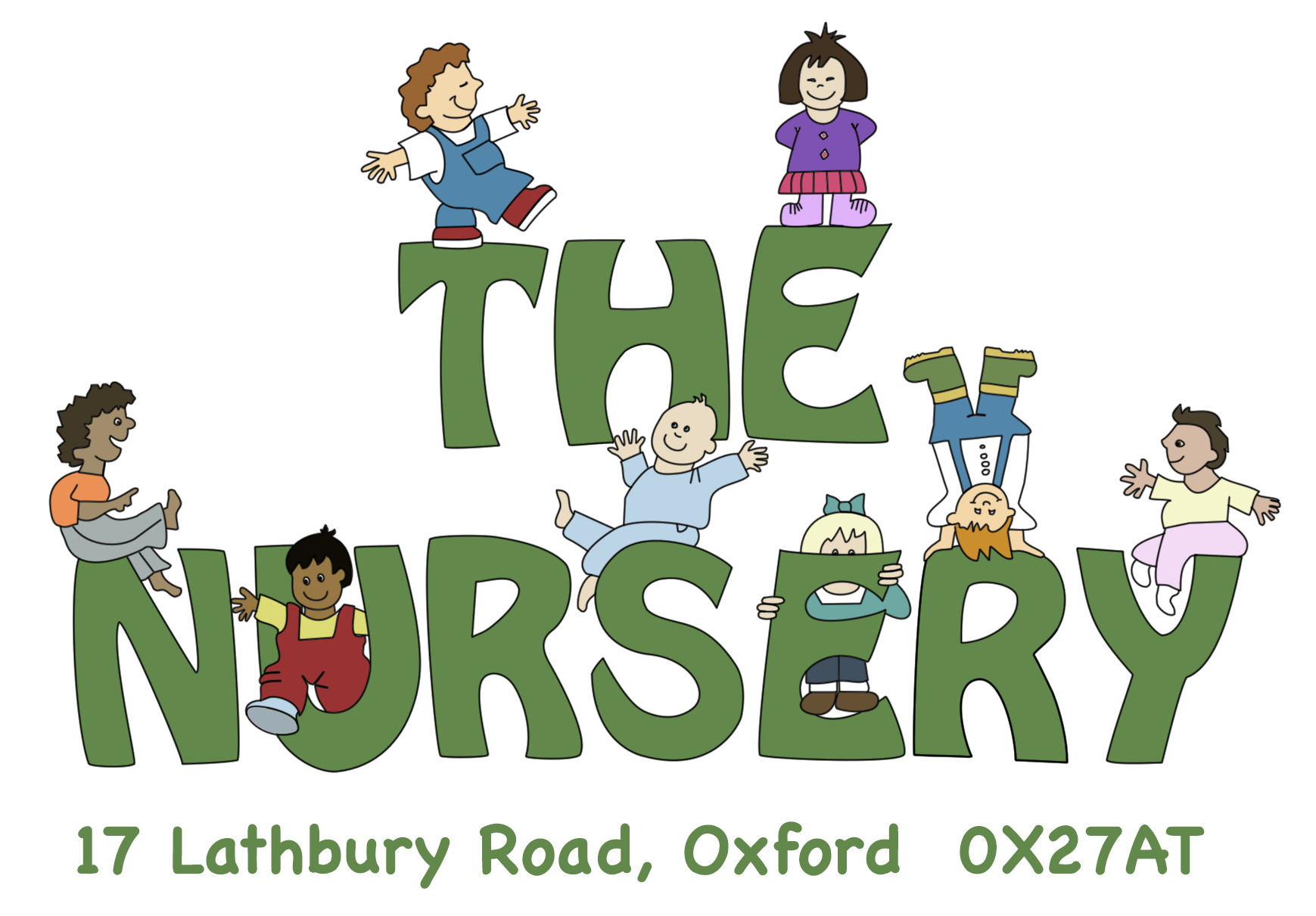
We are a nursery for well children.
If your child is ill, he or she should be kept at home with their families who are better equipped to help children feel better sooner, in a quieter environment where children have access to their own beds and the comforters they require.
If all ill children were kept at home, children and staff will become sick less often.
Families are asked to keep children home if they have an infection, temperature or are contagious. If you are unsure, please seek medical advice from your GP or call The Nursery before bringing your child in.
If your child does become ill, please inform us so that we can inform other families. Parents are asked to check the notice boards where we will display information of any illnesses which may spread.
We have a duty of care to let everyone know if an illness is in the nursery.
Children who have suffered vomiting or diarrhoea are required to stay home until at least 48 hours has elapsed and the child is eating normally again. This will prevent the bug continuing through the nursery.
Families are asked to notify staff if the child has had Calpol, Piriton or any other medicine before coming to nursery, and if they are aware of a medical need, regardless of whether the child has been seen by a doctor.
When a child becomes ill at nursery, every effort will be made to contact the families, who will be requested to collect their child as soon as possible. Parents and Carers must ensure that the nursery is able to contact them at all times.
If telephone calls cannot contact parents and carers, staff, under management authorisation, will administer medicine and care for the child as required.
In an emergency situation, 999 will be called before we try to contact parents and carers.
Sick children will be supervised separately from other children wherever possible, in a quieter room and offered water, rest and care. Medicine will be administered as required and staff may remove the child’s outer clothing and use tepid sponging to reduce temperatures.
Nursery staff can administer prescription medicines for your child, following the instructions on the bottle. Medicine must be in the original packaging, complete with instruction leaflets. Parents and carers must fill in a medicine form, which they are also required to sign at the end of the day to acknowledge it was given as directed.
Parents and Carers may bring Calpol, cold remedies and other over the counter medicines which staff may administer on their discretion. It is worth noting, that unwell children should not come to nursery until they are feeling better.
All medicines, including creams, inhalers and epi-pens must be named clearly and handed to a member of staff for safe storage in the kitchen. Long term conditions require care plans to be made, to include emergency measures and reviewed with parents and carers every 6 months, or more often if necessary.
Some needs state that the nursery must have certain medicines duplicated, in order that one or two are always kept at nursery.
For some medicines, e.g. Epi-pens, your child’s health visitor must visit to administer staff training for your child before the child can be left in the setting. No child may self administer. When children are capable of understanding when they need their medicine, they should be encouraged to communicate their needs. This does not replace staff vigilance in knowing and responding when a child requires medication.
Some diseases and illnesses must be disclosed to the Health Protection Team and to Ofsted. More details are available should you wish for more information.
For more information on illnesses and infections, we will provide literature as and when it is necessary. These are published by the Thames Valley Local Protection Unit for advice only. For a more detailed diagnosis, please consult the NHS.
We aim to keep a sensitive and consistent approach if we need to exclude your child from nursery for an illness or infection. The Nursery has to adhere to guidelines and procedures from Ofsted, the Health Protection Agency and the Department of Health, following the Medicines Act 2003.
Administering Medicines
As far as possible, staff will only administer medicines where it would be detrimental to the child’s health if not administered in the setting.
If the child has not had the medicine before, it is advisable to keep the child home for the first 48 hours to monitor for adverse reactions.
The key person is responsible for ensuring the child’s medicine is correctly administered and handed back at the end of the day where relevant. When the key person is not present, the manager will take overall responsibility.
Should you need any more information about any part of this policy, please do not hesitate to contact us.
